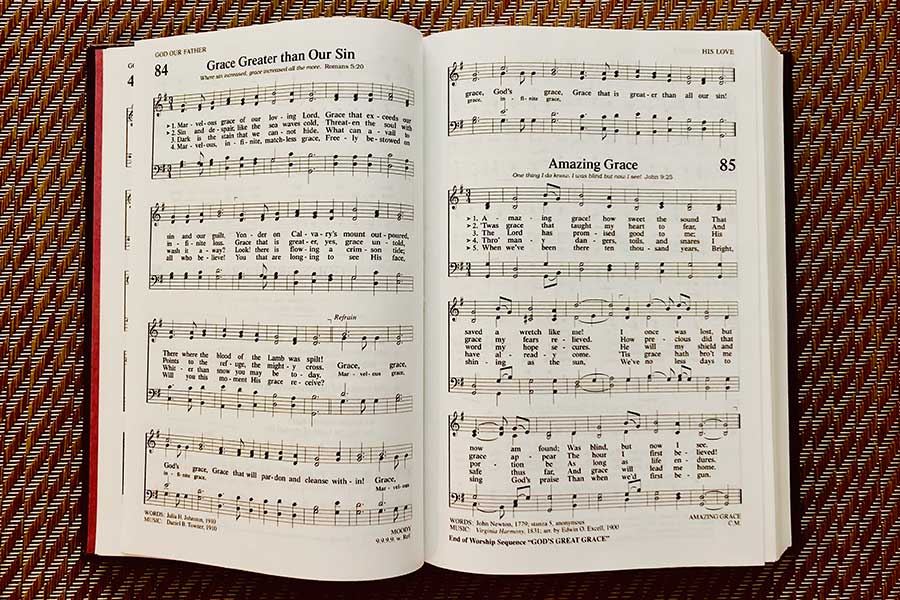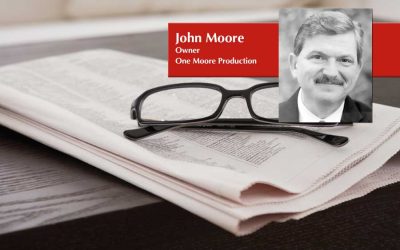It’s your money. You deserve to know how it was spent — and whether you got what was promised. Yet the Texas Supreme Court’s 2015 Boeing decision has been contorted to try to block taxpayers from seeing the details of hundreds of government arrangements with private firms, including a power plant contract for the most expensiveproject in Denton’s history, a headhunter’s list of Austin city manager candidates and, most famously, the price tag for a taxpayer-funded Enrique Iglesias concert in McAllen.
Lawmakers have a duty this session to close this gaping hole in the Texas Public Information Act. We urge them to support the bipartisan legislation by Sen. Kirk Watson, (D) Austin, and Rep. Giovanni Capriglione, (R) Southlake, to protect the public’s right to see how their dollars are spent.
The measure, filed as Senate Bill 943 and House Bill 2189, spells out public records protections that should be common sense. When a government agency contracts with a private firm, the public has a right to see the final price tag, the timeline for the work, the essential components of the job and any documentation showing whether the work was properly completed, among other things.
That shouldn’t be too much to ask. But the bill is necessary because the over reaching Boeing decision, arising from a case involving the aerospace giant’s lease at the Port Authority of San Antonio, took vast swaths of government contract information off the table if the private firm objected to its release.
As the Statesman’s Sean Collins Walsh recently reported, the Texas attorney general has cited the Boeing ruling in more than 2,600 decisions on records requests, withholding information from the public in the vast majority of cases (though, notably, the AG denied Austin’s efforts to apply the exemption to the 2017 city manager search, albeit a month after the new manager was selected).
If the Boeing decision hacked away public access to information using a machete, Watson’s bill provides a scalpel toproperly carve out only a contractor’s competitive business information. The Texas Association of Business’ objection that SB 943 would jeopardize companies’ “sensitive, confidential proprietary information” is empty bluster: The bill clearly protects businesses from disclosing corporate secrets.
A government of the people cannot operate in the dark, with taxpayers writing blank checks to support work they cannot see. Lawmakers should put the brakes on the runaway train that has been the Boeing decision, and instead welcome taxpayerson board to take a window seat.
Reprinted with permission of American Statesman Editorial Board


















0 Comments